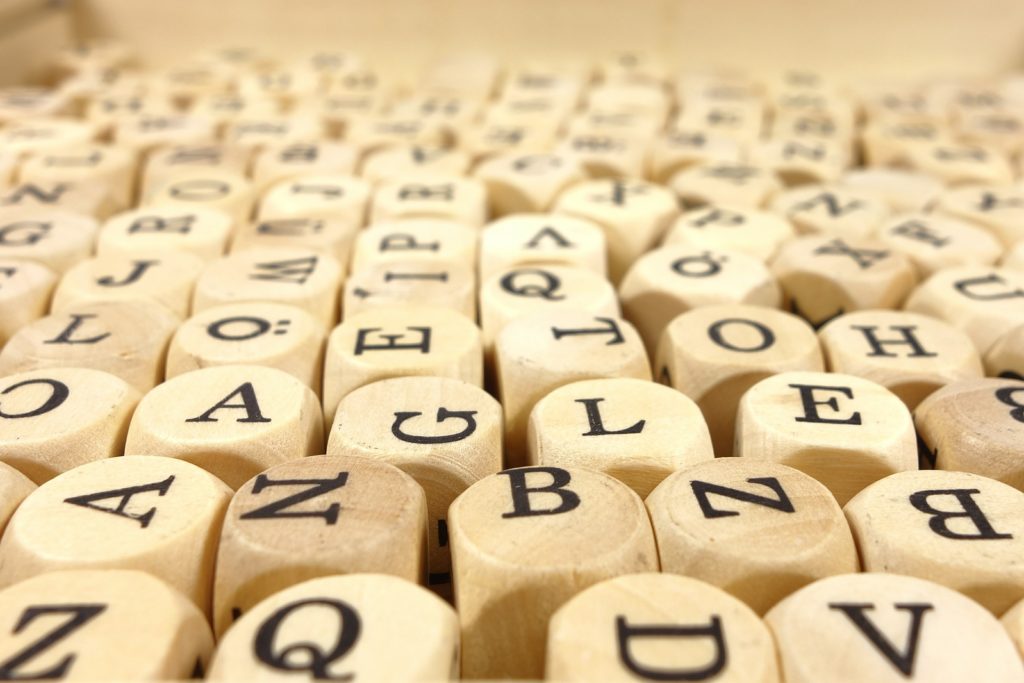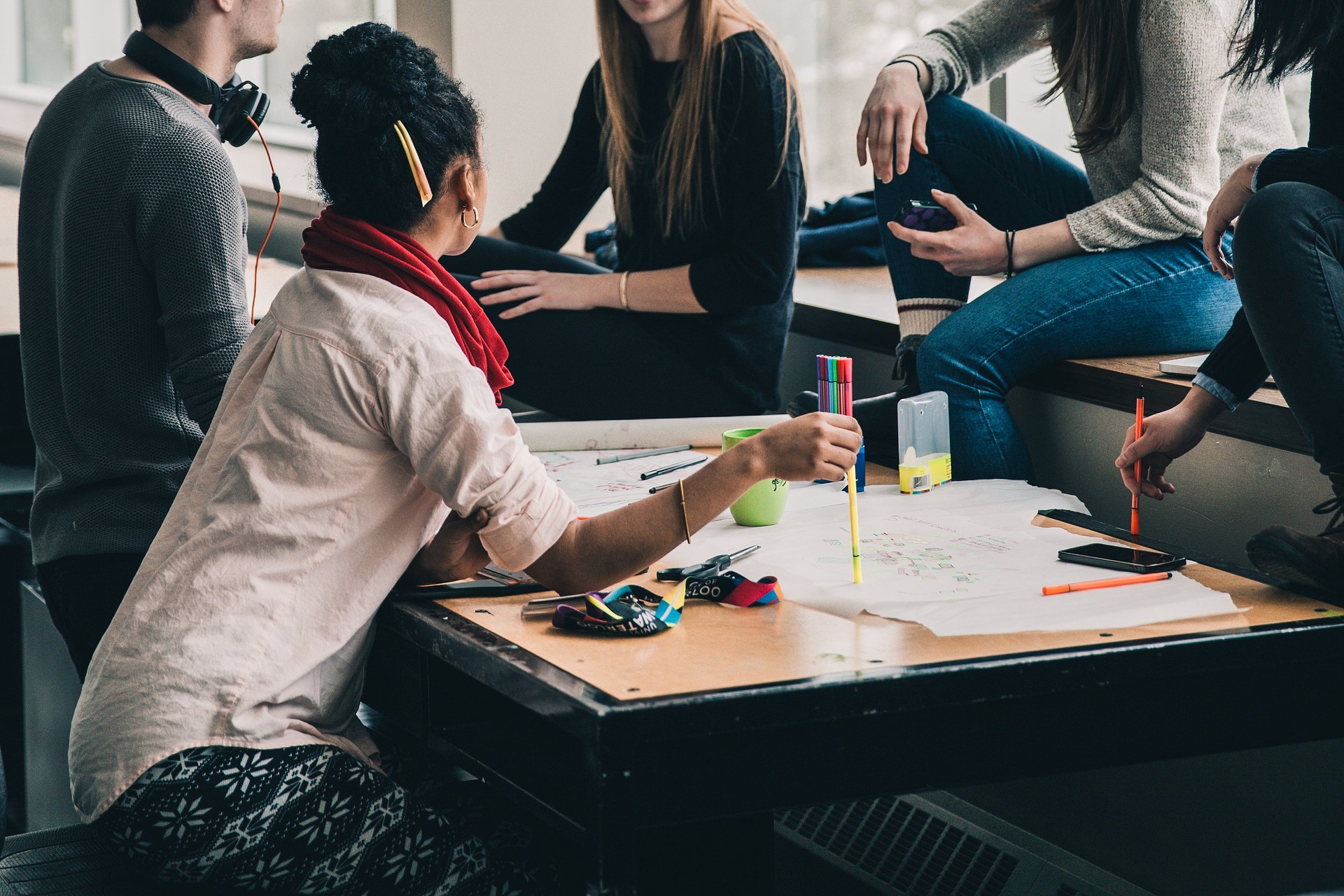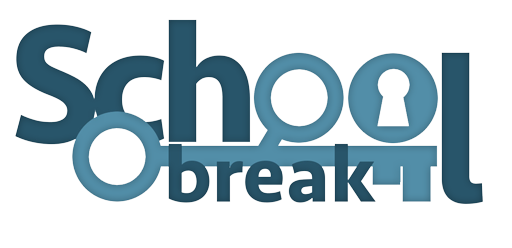
integration planning, Day One readiness and execution.
integration planning, Day One readiness and execution.
The title ‘School Break’ thus plays with the two meanings of ‘break’, i.e. escape and recreation/play.
Escape rooms are a relatively new entertainment form in which small groups of players work together over a set time (usually an hour) to solve puzzles and escape a real life locked room. There is increasing interest in their pedagogic use as they provide an authentic, motivating activating context for problem-solving, support small group collaboration, and let participants learn through exploration and experimentation. As well as supporting the development of cross-curricular skills – such as problem-solving, teamwork, and lateral thinking, which are also the focus of different EU education policies (cf. e.g. “Key Competences for Lifelong learning” or “Improving Competences for the 21st Century”) – escape rooms can also be designed to meet specific curriculum goals.

This project makes the assumptions that collaborative problem-solving and design supports teamwork, communication skills, and creativity, while the playful and open-ended nature of the task, in a safe space supports measured risk-taking, creativity and innovation.
We hypothesise that playing and designing escape rooms will achieve three objectives:
1) increased student engagement
2) learning discipline-specific knowledge; and
3) developing connected cross-curricula skills, in particular problem-solving, teamwork, and creativity.
One way to use escape rooms in an educational manner is to design escape rooms, i.e. in classrooms or school buildings, in a kind of
physical metaphor with the help of boxes and locks, or with different amounts of ICT support, to teach a certain topic that is built
into the pertinent narrative, tasks, riddles, puzzles etc. of that escape room.

An alternative approach to students learning through playing escape rooms, is enabling students to learn by developing their own rooms, which involves a rich challenge, bringing together creative, problem-solving, and technical design skills in a safe space, where the outcome does not really matter (although the process may be assessed). Designing escape rooms is necessarily iterative and it will be impossible to create a perfect room first time; therefore learning from failure is an inevitable part of the process. Only repeated testing of puzzles and their integration in practice will lead to a workable room. This creates a cycle of productive failure and continuous improvement.
We will take a three-phase approach to design and development, first developing a conceptual framework for teachers and exemplar escape rooms to be used off-the-shelf; then developing teachers’ manuals so they can develop and test their own escape rooms to create specific escape rooms over specific areas of curriculum content (IO1 and 2) , and third guide, support and document an escape room use and particularly the design process where students learn through using and creating escape rooms (IO3).

